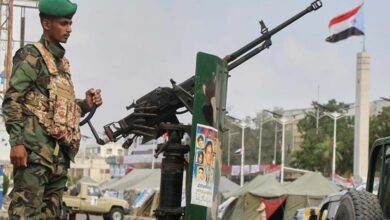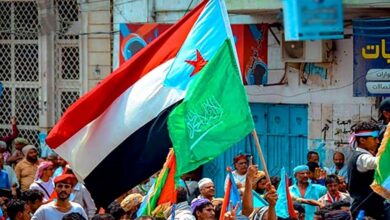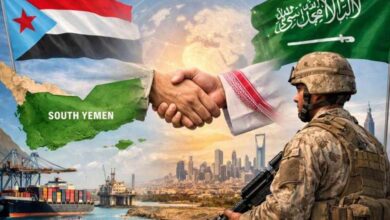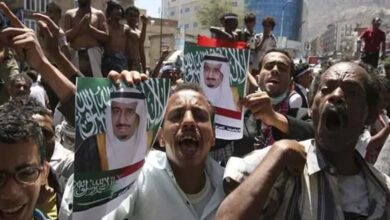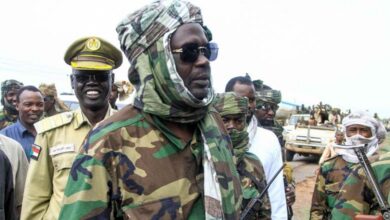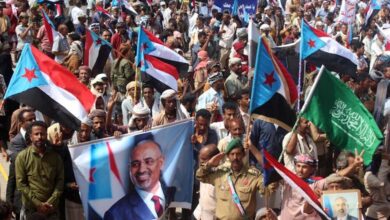Sudanese Army Under Fire: Allegations of Civilian Abuses and Obstruction of Humanitarian Aid Amid International Calls to End the War
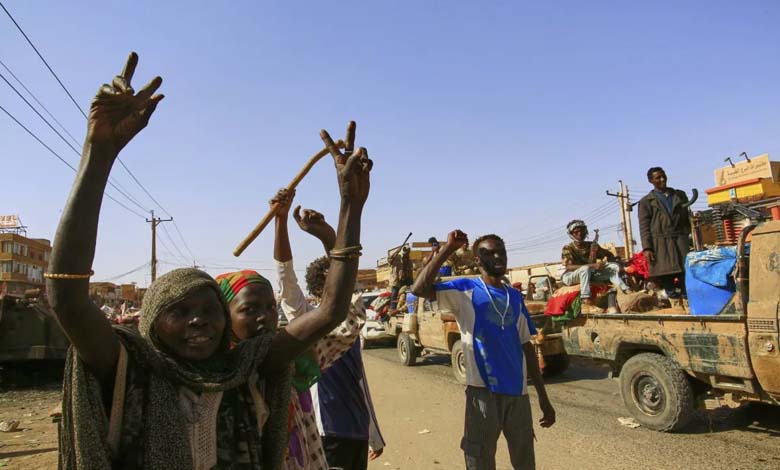
As the humanitarian crisis in Sudan worsens due to a war that has dragged on for more than a year, the International London Conference held on April 15, 2025, brought renewed attention to the Sudanese crisis. A strong international consensus emerged on the urgent need to end the war, prevent the country’s division, and rescue civilians from the escalating catastrophe. However, behind the scenes, serious accusations are being directed at the Sudanese army, including systematic human rights abuses and the obstruction of humanitarian aid deliveries to affected areas.
-
Crisis of Trust between the Sudanese Army and Its Militias… What Lies Behind the Recruitment Freeze Decision?
-
Escalation of Tensions Between Sudanese Army Leaders and Islamist Militias: What Are the Causes?
London Conference: Political Consensus and “Patient” Diplomacy
The conference gathered representatives from the United Nations, the European Union, the African Union, the Arab League, as well as influential states like the United States, the United Kingdom, and France, alongside humanitarian and human rights organizations. One of the main takeaways was the unified commitment to “prevent the division of Sudan,” a direct reference to fears that the conflict could create a new geopolitical reality that may become irreversible.
The conference focused on four key priorities:
- Protecting civilians, given the repeated attacks on residential areas, medical facilities, and markets.
- The devastating impact of the war on civilians, with thousands killed and millions internally displaced or forced to flee to neighboring countries.
- Ensuring unhindered and depoliticized delivery of humanitarian aid.
- Reviving the political process through “patient diplomacy,” which emphasizes quiet pressure and long-term negotiation.
-
Escalation of Tensions Between Sudanese Army Leaders and Islamist Militias: What Are the Causes?
-
The Muslim Brotherhood’s Congratulations to the Sudanese Army… A Move That Reveals the Group’s Role in Fueling the Conflict
Mounting Accusations Against the Sudanese Army
Despite the Sudanese government’s efforts to promote an image of a “national army fighting for unity,” numerous UN and media reports have highlighted the involvement of army units in systematic violations, ranging from indiscriminate shelling of civilians to besieging towns in ways that have caused localized famines, especially in Khartoum State and Darfur.
A report published by Human Rights Watch just before the conference documented cases of torture, arbitrary arrests, and looting by regular army personnel, describing these actions as an attempt to forcefully control areas outside the government’s authority.
-
Khartoum’s Liberation Exposes Alliances: Muslim Brotherhood’s Congratulatory Message to the Sudanese Army Raises Questions
-
The Muslim Brotherhood’s Congratulations to the Sudanese Army for the Liberation of Khartoum: A Reading of Political and Military Dimensions
Obstruction of Humanitarian Aid: Starvation Strategy or Ground Chaos?
One of the most serious accusations raised at the London conference was the army’s obstruction of humanitarian convoys. These included bureaucratic hurdles, checkpoints that hinder aid workers’ movement, and general insecurity in frontline areas.
A representative of an international organization said during the conference:
“It is unacceptable that people are dying while aid sits just kilometers away, blocked by artificial barriers.”
Media reports also revealed that medical and food supplies were held at Sudan’s eastern ports under security pretexts, resulting in spoilage or diversion to the black market.
-
The Sudanese Army Committed Horrific Field Executions in Khartoum
-
Human Rights Organizations: Sudanese Army Involved in Summary Executions That Have Claimed Dozens of Civilian Lives
Sudanese Army Responds: A Smear Campaign?
In an official statement, the Sudanese army spokesperson denied all allegations, calling them part of a “coordinated smear campaign” aimed at discrediting the armed forces. He insisted that “the army is committed to international humanitarian law and is facilitating aid delivery in coordination with relevant authorities.”
However, observers deem this response inadequate due to the lack of transparency and the government’s refusal to allow international investigation teams into the country.
-
Sudanese Army’s Threats to its Neighbors: An Internal Distraction Signaling Regional Dangers
-
A report highlights the crimes and atrocities committed in Sudanese Army and Muslim Brotherhood prisons
Patient Diplomacy… Is It Enough?
Despite the diplomatic momentum created by the London Conference, relying on “patient diplomacy” remains uncertain, given the entrenched positions within Sudan and the multiplicity of armed factions, including militias operating outside the control of both the army and the Rapid Support Forces.
The Sudanese civilian remains the greatest victim — caught between the hammer of war and the anvil of blockade — while the world continues to issue little more than statements of condemnation. Yet, the international consensus in London to preserve Sudan’s unity and end the war may still offer a glimmer of hope — if intentions are matched by real political pressure and genuine accountability for war crimes and human rights abuses.
-
Arrests, Executions, and Violations… What Is Happening Inside Sudanese Army Prisons
-
Sudanese Army’s Military Gains Undermine Chances of a Peaceful Resolution to the Crisis


